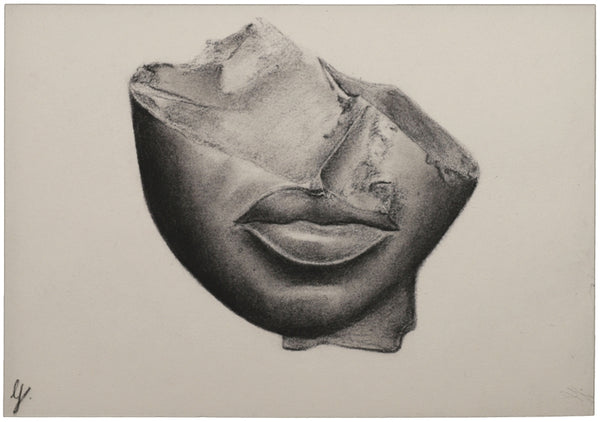Rodney MOJAKI
With a deep yearning to understand the story of Genesis, Rodney Mojaki grew up in the Holy Faith, he always has been inclined towards the wisdom of God, with the Bible as a source of Anthropological, Semantic, Scientific and spiritual truth. In his body of work Mojaki uses charcoal as a medium that tries to encapsulate shilajit, an ancient medicinal elixir found in the Himalayas by monks. This elixir called shilajit was confused by Europeans in the West, with what the ancient Egyptians used on their mummies in the embalming process which was also a thick black tar like substance, mumio, which is what the Arabic word for it. Mojaki explores the complex relationship between charcoal, mumio, the black ethnicity of Egyptians themselves and the trade in the both mumio and human remains, as well as black people’s because of their blackness, reduced to fragment, commodity, curio and thing for western consumption. Mojaki uses charcoal in his careful drawings of fragments of Egyptian art, pillaged and looted, a symbol of the broken and dispossessed African, Charcoal, essentially carbon, the source of all life, and it is black. Thus, darkness which is represented by the charcoal represents the black skin of the ancient Egyptians of whom Herodotus himself saw with his own eyes and described them as black. Ironically the charcoal also represents shilajit, but as an elixir for ignorance. Mojaki uses his art to address and reclaim blackness as inferior, and as dismembered fragment, towards reconstituting his own identity
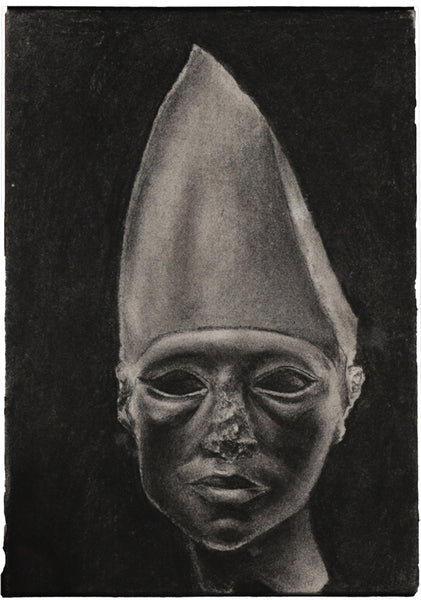
Rodney MOJAKI
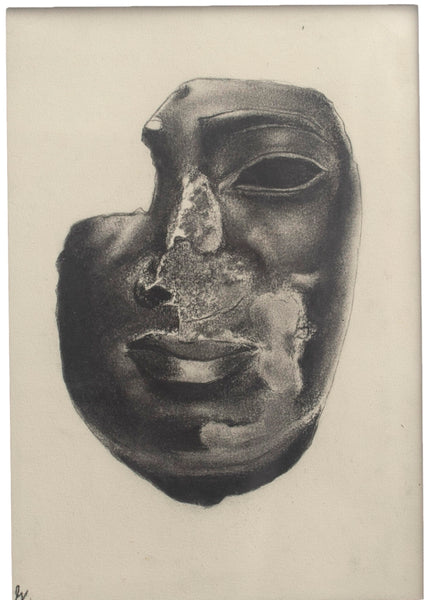
Rodney MOJAKI
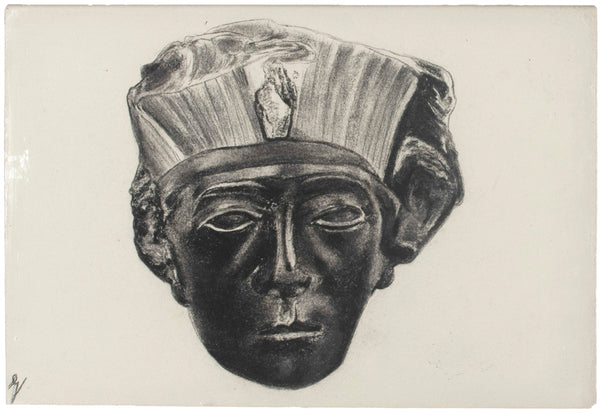
Rodney MOJAKI
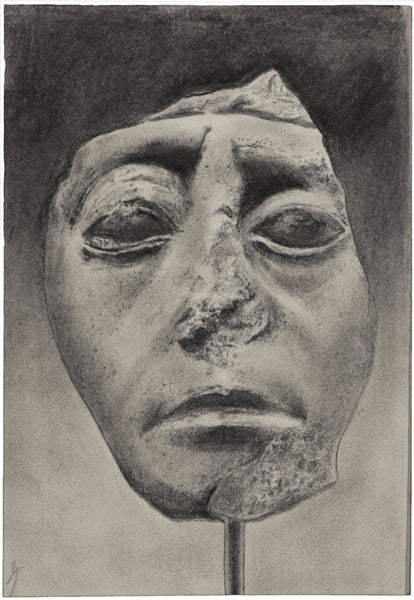
Rodney MOJAKI
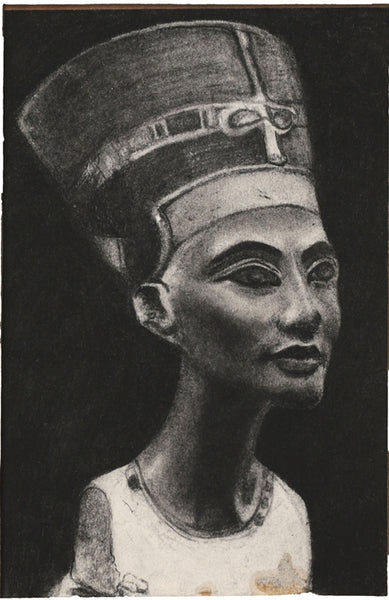
Rodney MOJAKI
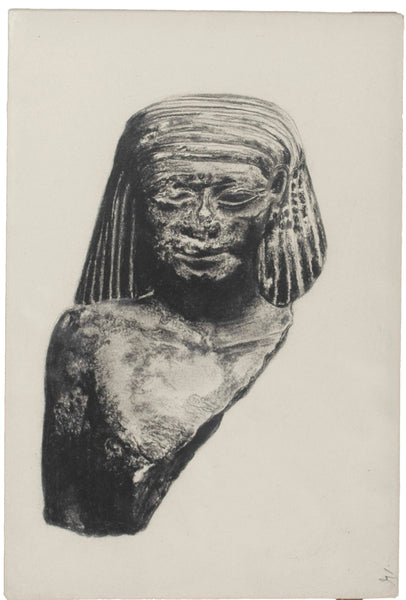
Rodney MOJAKI
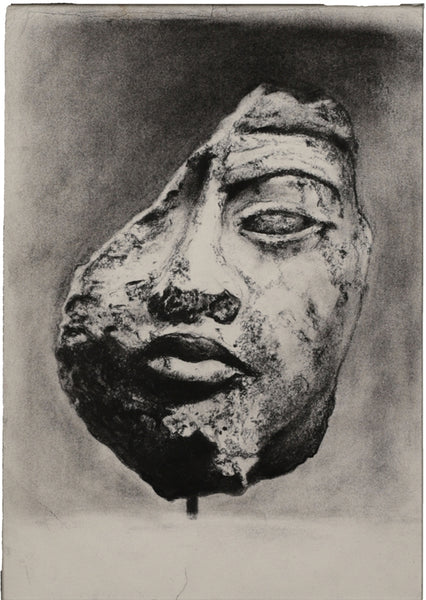
Rodney MOJAKI
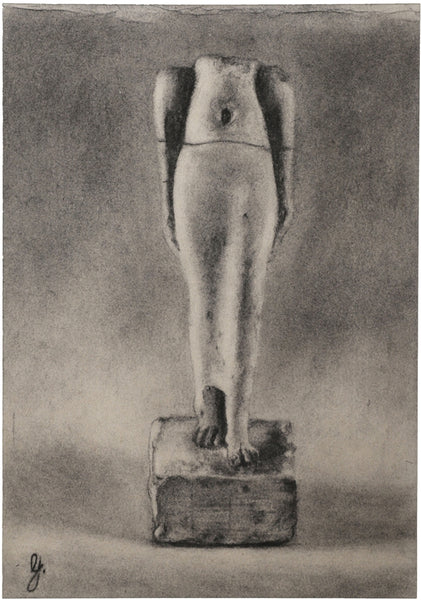
Rodney MOJAKI
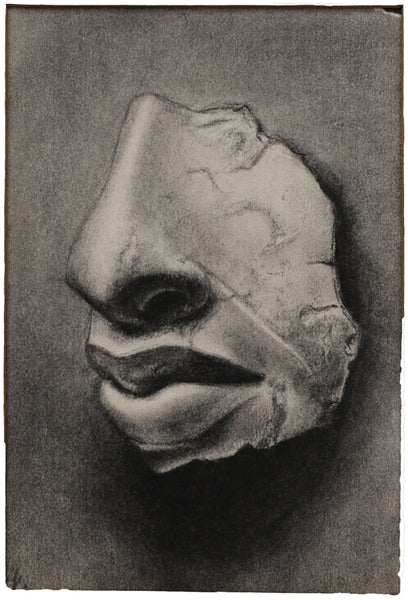
Rodney MOJAKI
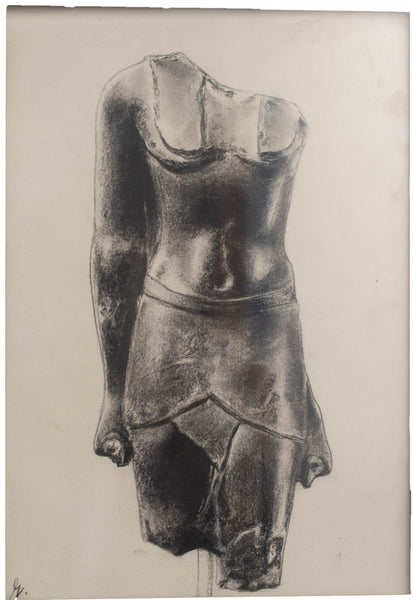
Rodney MOJAKI
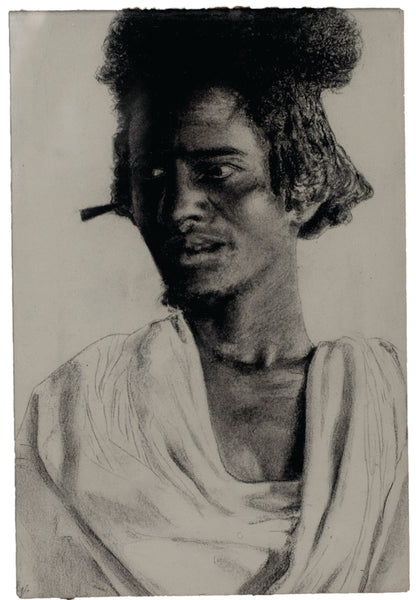
Rodney MOJAKI
